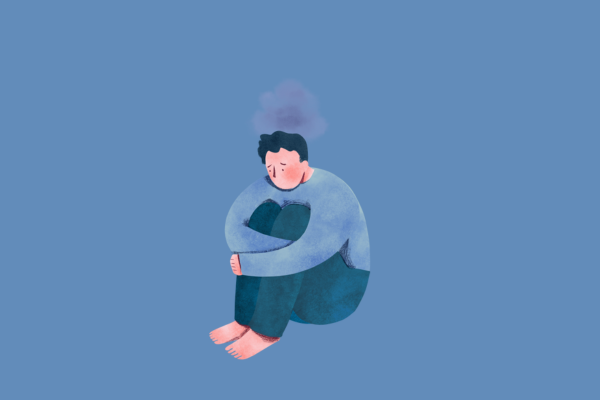“Silent Struggle” is the fifth of fifteen teen articles received in spring 2024 from Piute High School students. Three of them were published in The Byway‘s most recent May paper. The rest will be featured online.
So many teens today all around the world are facing ever-increasing problems with depression. Since the year 2000, depression levels have risen 49.86%. So many things are causing this depression to grow stronger and stronger such as social media problems, family conflict, academic struggles, bullying and many more that even adults can’t navigate. The highest depression causing issue that teens suffer in is history of family trauma. This includes abusive parents, loss of a close loved one, and traumatic events. This will cause a teen to feel sadness, despair, and guilt. Major solutions are peer and parent interventions.
All of this depression is a huge problem to so many teens, but there are tons of ways adults, other teens, and even anyone who notices it can help. Simple strategies are just listening to their problems without judgment, staying connected to them, encouraging them to seek professional help, and allowing them as much privacy as needed. Also, engaging in positive activities with them, knowing when to seek help for them, and providing practical assistance to make their everyday lives more simple.
The big problem is that most teens won’t talk to their parents or an adult about depression. All of the above solutions are great until the kid shuts down and will not talk to their parents. We children need to learn when it is getting so bad that we need to seek help, even if it is just from a loved one. Solutions to this is finding a mental health program such as calling or texting 988 or chatting on 988lifeline.org are effective programs teens can use.
“Parent’s Guide to Teen Depression” in the HelpGuide.org website says that “depressed teens tend to withdraw from their friends and the activities they used to enjoy. But isolation only makes depression worse, so do what you can to help your teen reconnect.” In this article it also says ways to help teens with depression is to make face time a priority, set aside some time each day to talk with teens. Try to reduce the amount of time teens spend on social media. Get them involved in social activities, suggest sports or clubs, or even an art, dance, or music class.
Clearly, teen depression is a mirror that reflects the joys, struggles and complexities. By addressing family, relationships, mental health, and societal pressure, teen depression offers sobering insights into the lives of young people.
– by Bodie Gayler (9th) Piute High School
Feature image courtesy of Abbie Call, The Byway.
Read more from Piute teens in Peer Pressure by Angel Houtz.

